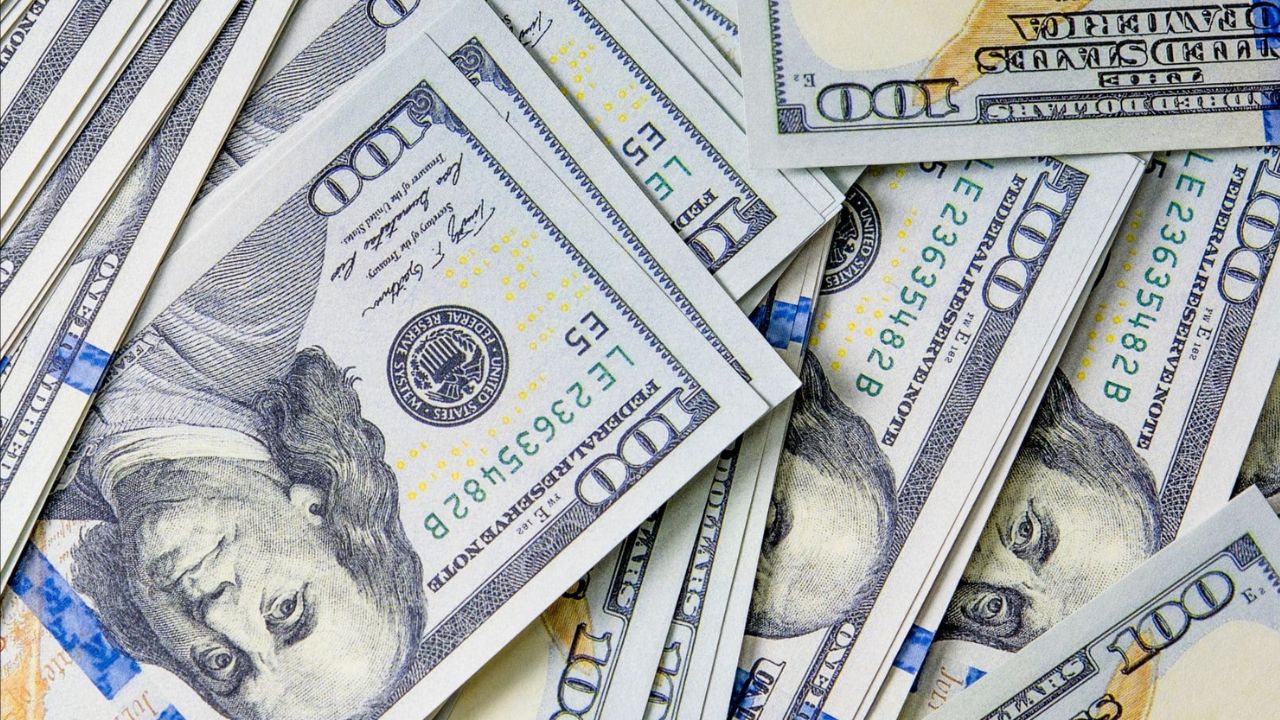Apple Share Repurchase: Following better-than-expected quarterly results, Apple Inc. has declared a record-breaking 110 billion-dollar share repurchase. Following the announcement on Friday, shares of the US IT behemoth shot up by more than 6%.
The business is now valued at roughly 2.86 trillion dollars, having increased by about 200 billion dollars.
Following Microsoft, which is valued at $3 trillion, this is the second-highest value for a corporation. Apple would own over 4% of its own business if it repurchased all of the shares it stated it would.
What is a share buyback?
A stock repurchase, or share buyback, is a calculated financial action in which a business buys back its shares from the market. In order to lower the total outstanding shares, the corporation must first lower the number of shares available on the market.
According to business standards, shares may be repurchased on the stock exchange through on-market buybacks or directly from shareholders through off-market buybacks. The decision to conduct a share repurchase can significantly impact the company and its shareholders, and various factors are frequently driving it.
Various Finance Job Opportunities: A Comprehensive Guide
Reasons behind the share repurchase
- Using extra money: Stock buybacks provide a calculated substitute for building up idle cash when a business has extra money but not enough investment options. Companies with solid financial standings would rather use their cash reserves wisely through buybacks than let them sit dormant.
- Reward that is tax-efficient: Share buybacks benefit shareholders and firms alike tax-wise as compared to payouts. A more tax-effective choice than dividends, which are taxed at several levels, buybacks are subject to a single tax deduction before transferring earnings to shareholders.
Increasing the shareholder count can make decision-making more difficult and result in power conflicts inside the business. Company boards frequently choose share buybacks to avoid such complications and consolidate control, enhancing their power and voting rights.
A corporation might indicate to the market that it believes its shares are undervalued by starting a share repurchase. This not only resolves undervaluation but also conveys belief in the company’s prospects going forward and its present valuation.
Among other goals, share buybacks could also help to reward current shareholders or raise the value of the company overall.
Refinance Rates February 12, 2024: Know Details About Rise in Rates!
Repercussions of share repurchases
Share buybacks can have different effects and help the business as well as its shareholders. There are drawbacks, though. Share repurchases are not a surefire way to increase earnings per share or raise valuations.
Should a firm experience challenges following the buyback, shareholders could not receive the expected rise in share price. In addition, borrowing money to repurchase shares might affect a company’s credit rating and, should the economy worsen, result in credit downgrades.



